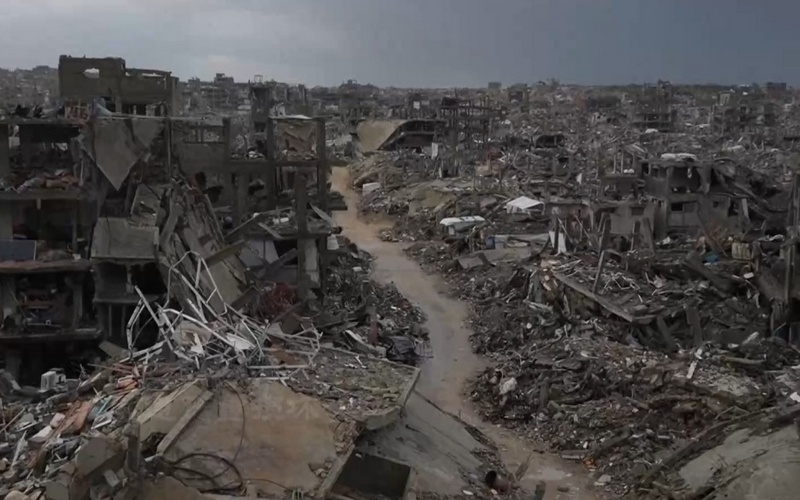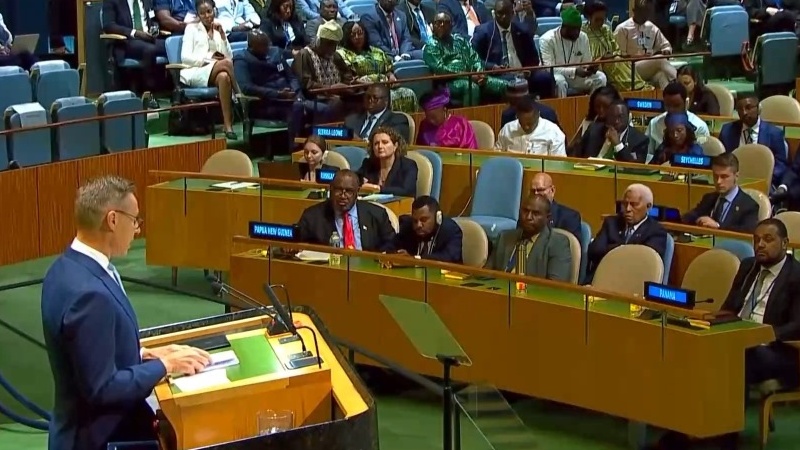At the 80th session of the United Nations General Assembly’s general debate, the situation in Gaza became the global focus. Leaders from multiple countries spoke out in succession, calling for a permanent ceasefire in the Gaza Strip and urging the implementation of the “two-state solution.” Turkish President Erdogan directly stated that “genocide has persisted for over 700 days,” demanding an immediate ceasefire and ensuring unimpeded humanitarian aid. Kenyan President Ruto laid out four specific demands: the unconditional release of detained individuals, the implementation of a permanent ceasefire, and the advancement of a political process. UN Secretary-General António Guterres emphasized that no justification could excuse the systematic destruction in Gaza, stressing the urgent need for an immediate ceasefire and the admission of relief efforts.
Two-State Solution as Sole Consensus
The two-state solution has been repeatedly affirmed as the only viable path to resolving the Palestinian-Israeli conflict. Indonesian President Prabowo Subianto emphasized that peace must be built on the dual foundations of recognizing the State of Palestine and ensuring Israel’s security. Finnish President Jyrki Katainen stressed the imperative to end illegal occupation and support the Palestinian Authority’s exercise of jurisdiction over all territories. As the internationally recognized framework, its core lies in establishing a Palestinian state based on the 1967 borders, with East Jerusalem as its capital, coexisting peacefully alongside Israel. King Abdullah II of Jordan stated unequivocally that recognizing the Palestinian state is an inalienable right of its people, not a reward.

Consensus and Contest
Despite growing calls for peace, the peace process continues to face multiple obstacles. The United States has vetoed a ceasefire resolution at the Security Council for the sixth consecutive time, emerging as the primary obstacle to international consensus. Its stance that a ceasefire must be linked to “hostage release” and “guaranteeing Israel’s security” has sparked widespread controversy. Qatar’s Emir Tamim revealed that Israel’s attack on Doha aimed to sabotage ceasefire negotiations, with its true objective being the destruction of Gaza. Chinese representative Geng Shuang emphasized at the Security Council that the Middle East stands at a historic crossroads, calling for an end to settlement activities and the restoration of humanitarian access to advance the “two-state solution” through concrete actions. Currently, U.S. allies including the United Kingdom and Canada have successively recognized the State of Palestine, signaling intensifying divisions within the international community.
has persisted for nearly two years, claiming over 65,000 lives in the Gaza Strip—nearly half of whom were women and children—while plunging 2 million people into a humanitarian catastrophe. The Palestinian issue remains central to Middle East affairs. Only through the full implementation of the two-state solution can lasting peace be achieved in the region.












